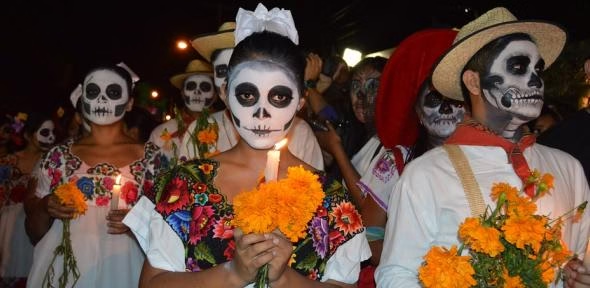This explores the theme of cannibalism in 16th-century Southeast Africa, specifically focusing on the Zimba people. Here’s a breakdown:
Main Argument
Allina challenges the common dismissal of European accounts of cannibalism as mere myth-making. Instead, he suggests that these accounts reflect important aspects of the region’s political and cultural history.

Key Points
- Portuguese accounts: The article analyzes descriptions of the Zimba cannibals by Portuguese priest Joo dos Santos.
- African perspectives: Allina argues that claims of cannibalism reflected African, rather than European, perspectives on political power.
- Vernacular critique: The article proposes that descriptions of cannibalism were a form of vernacular critique, conveying beliefs and critiques of political power in the region.
- Dos Santos as an unwitting vehicle: The author suggests that dos Santos transmitted these descriptions from African informants, imperfectly conveying their meaning to his readers.

Conclusion
The article offers a nuanced understanding of the complex cultural and political dynamics at play in 16th-century Southeast Africa, highlighting the importance of considering African perspectives in historical accounts.
The Zimba were a group of people from Southeast Africa, specifically from present-day Mozambique and Malawi. They are known for their involvement in the history of the region, particularly during the 16th century.

In the context of the text you provided earlier, the Zimba are mentioned as being associated with cannibalism, according to Portuguese accounts from the time. However, as the author Eric Allina argues, these accounts may reflect more about the political and cultural dynamics of the region than about the actual practices of the Zimba people.

Cannibalism has been practiced in different contexts, including:
- Survival cannibalism: In extreme situations, such as famine, war, or being stranded, individuals may resort to cannibalism to survive.
- Ritualistic cannibalism: Some cultures have practiced cannibalism as a ritual or spiritual act, often to honor the dead, absorb spiritual powers, or to intimidate enemies.
- Pathological cannibalism: In rare cases, individuals may engage in cannibalism due to mental health disorders, such as psychosis or paraphilia.
It’s essential to approach the topic of cannibalism with sensitivity, respect, and an understanding of the complex historical, cultural, and psychological factors involved.



